Starting a new phase of GPIP!
 Global Port Integrity Platform (GPIP). The objective is to advance in this, the fourth phase, in two strategic areas of action:
Global Port Integrity Platform (GPIP). The objective is to advance in this, the fourth phase, in two strategic areas of action:  Research: exploration and development of research projects in areas of mutual interest, formalized through specific agreements.
💡 Academic dialogue: organization of seminars, conferences, and workshops on port integrity and sustainable maritime transport.
Research: exploration and development of research projects in areas of mutual interest, formalized through specific agreements.
💡 Academic dialogue: organization of seminars, conferences, and workshops on port integrity and sustainable maritime transport.
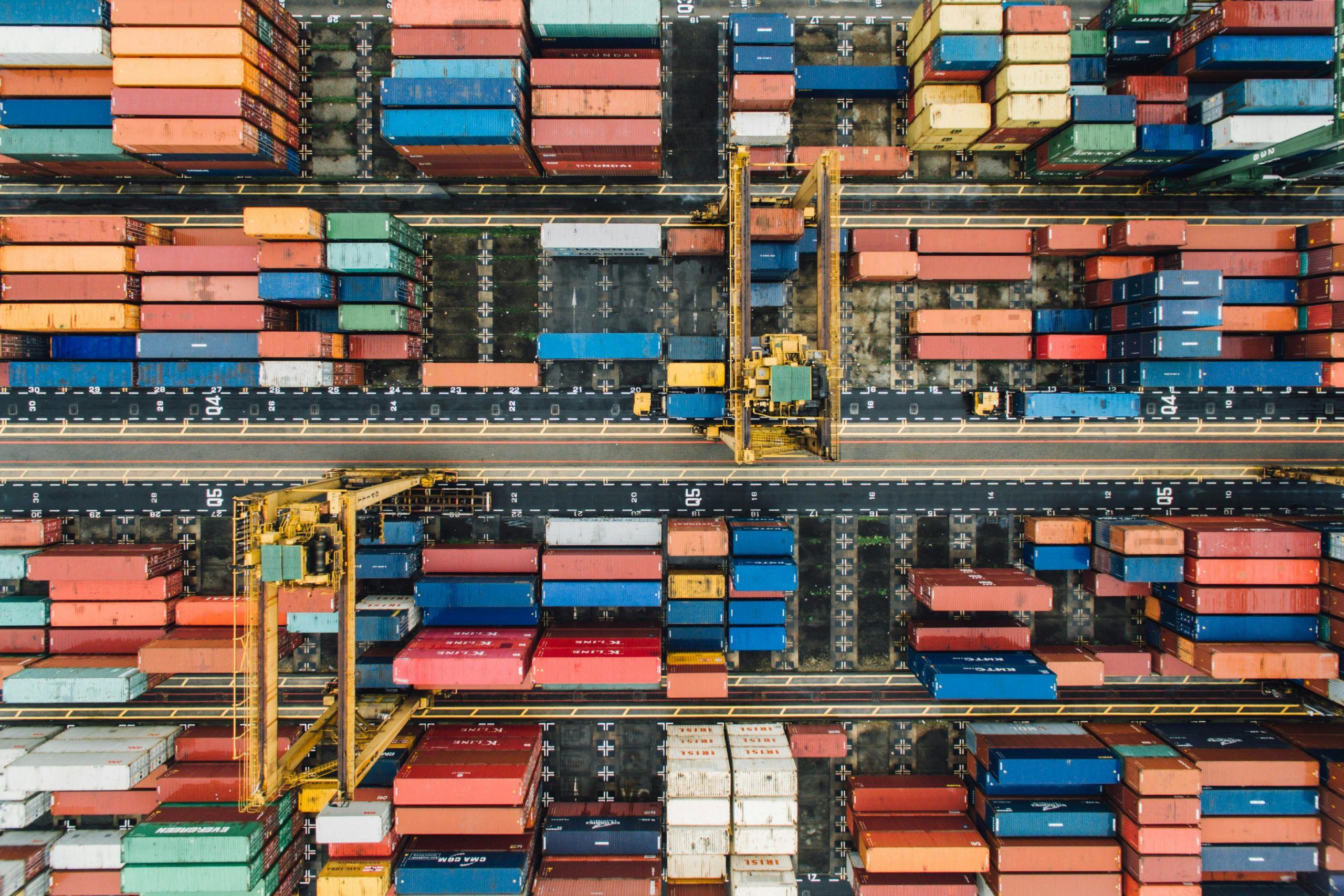 Container Port Activity Analytics: Latin America and the Caribbean
Container Port Activity Analytics: Latin America and the Caribbean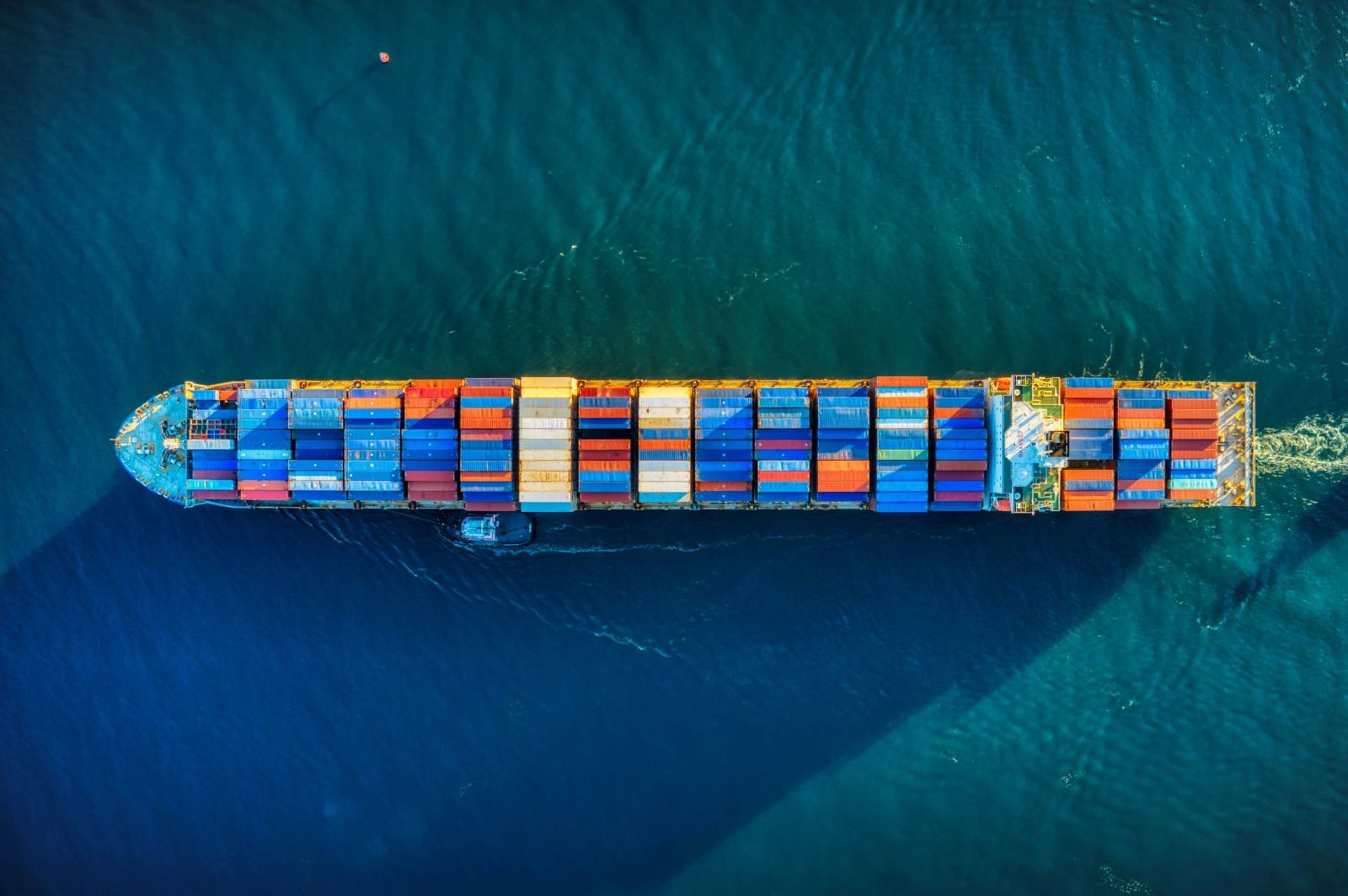 Maritime sector analysis: Latin America and the Caribbean
Maritime sector analysis: Latin America and the Caribbean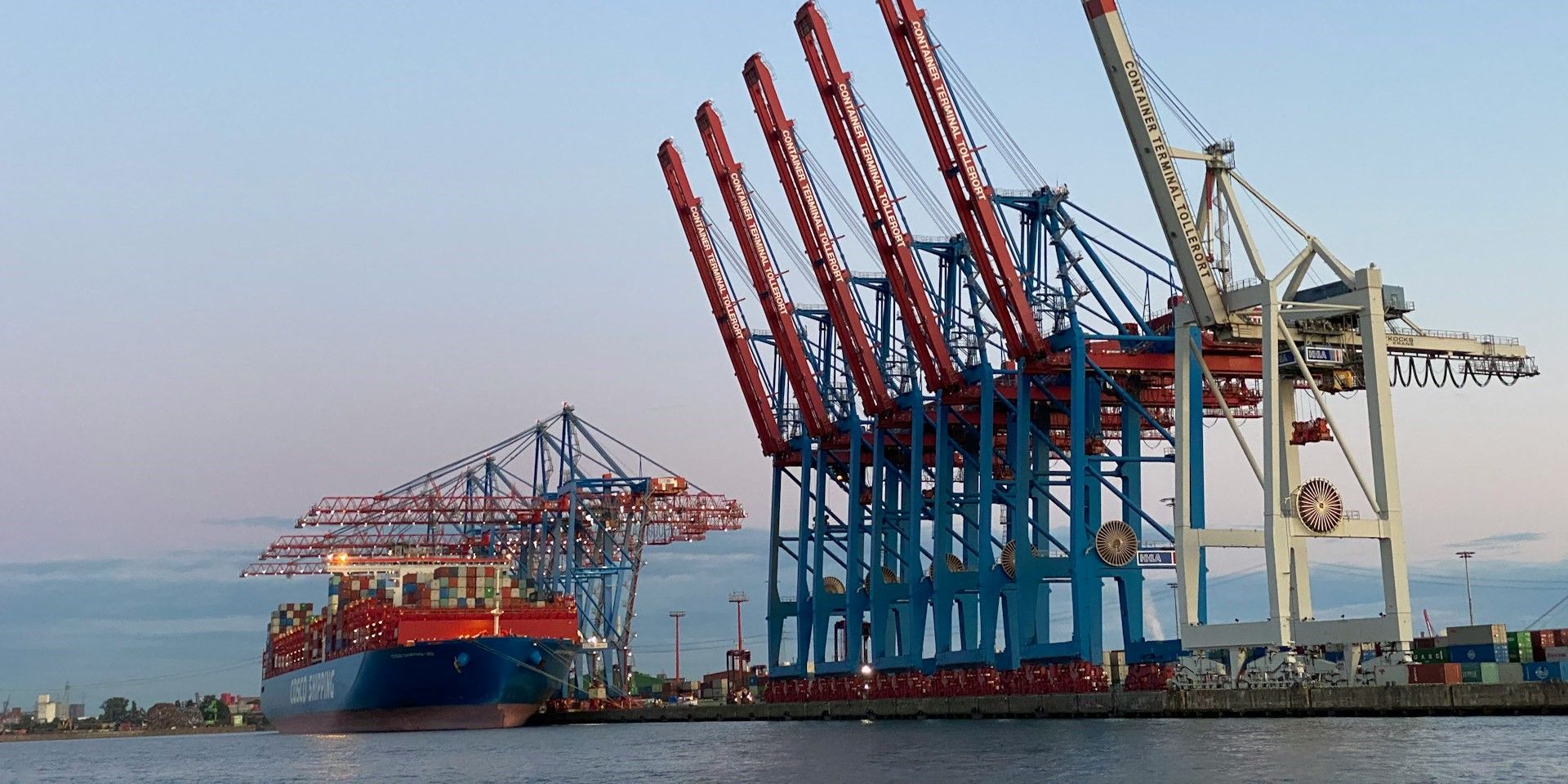 Sustainability Performance in Ports
Sustainability Performance in Ports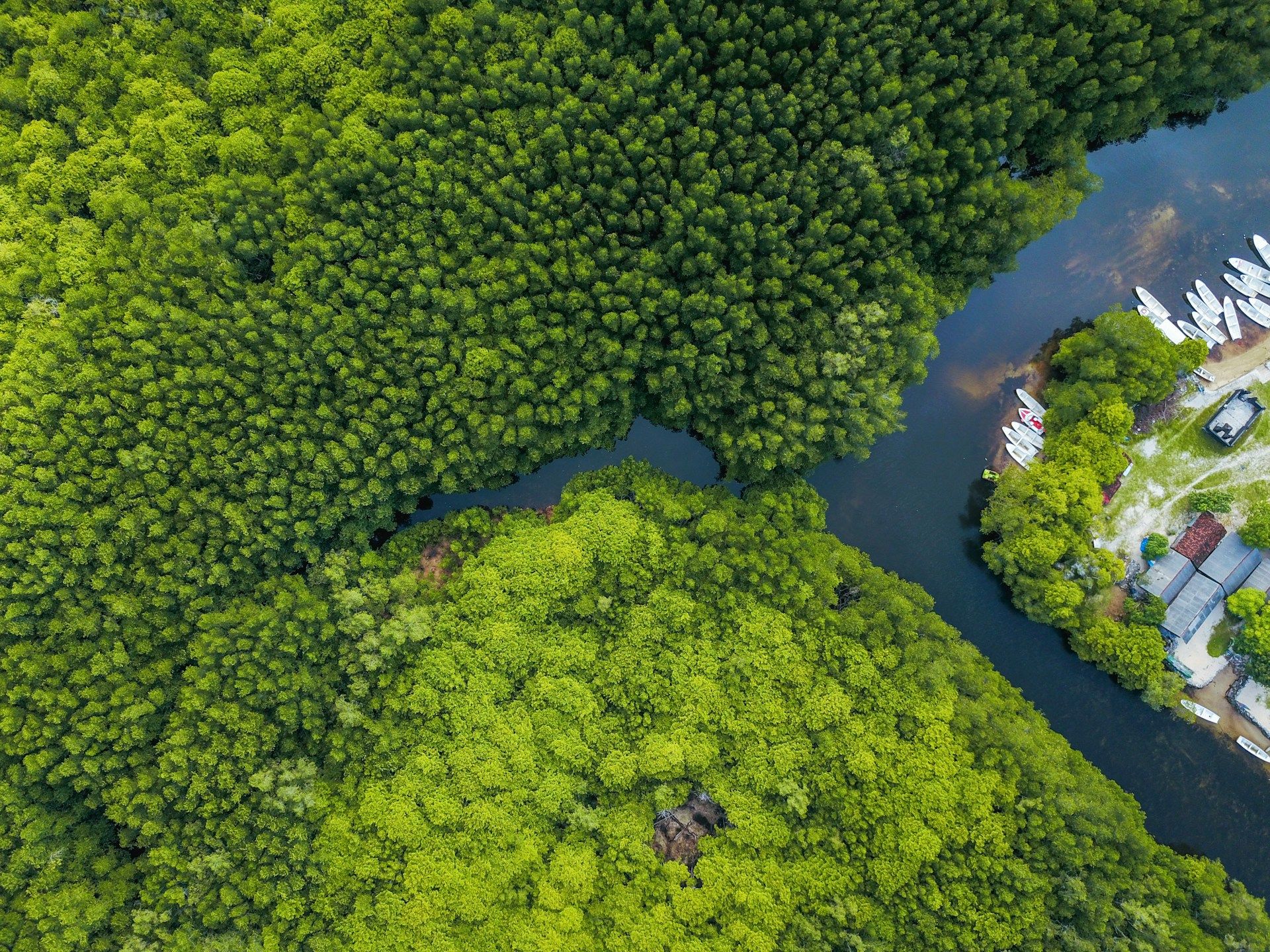 River transport in Colombia
River transport in Colombia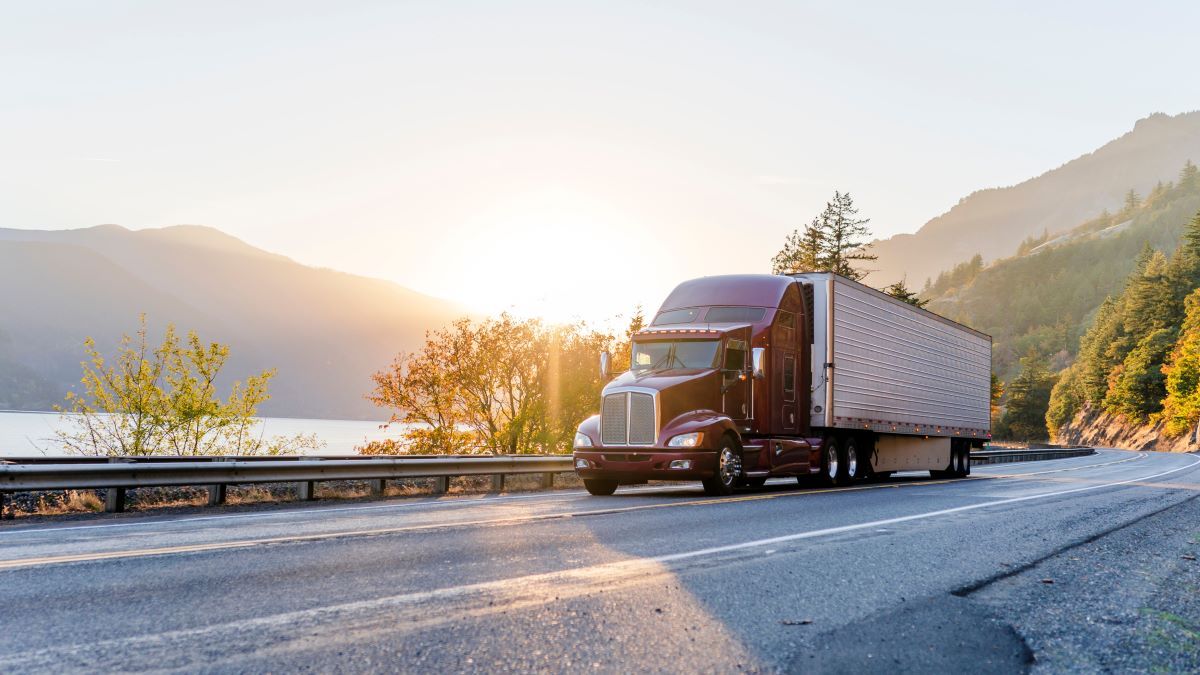 GiroZero: RFT in Colombia
GiroZero: RFT in Colombia